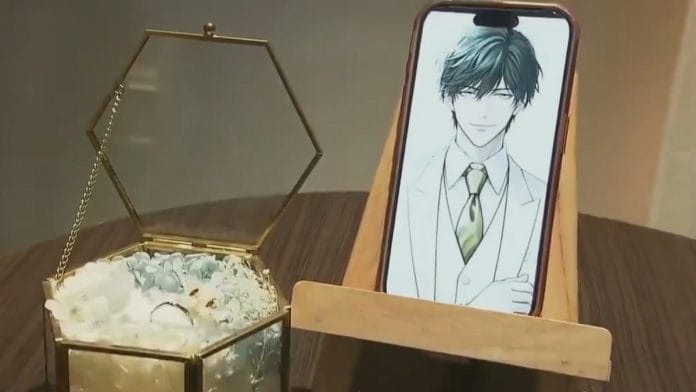The Cambridge Dictionary named “parasocial” its Word of the Year, which makes perfect sense for a world that’s obsessed with people it will never meet. It is ek tarfa pyaar (unrequited love) in the age of the internet and AI, except it feels almost mutual.
When Taylor Swift announced her engagement, I was super parasocial about it; several friends even messaged me congratulations. Cambridge, in fact, used her engagement as an example. It’s also parasocial the way Swifties worldwide spend an inordinate amount of energy dissecting her lyrics and relating so personally it borders on delulu — another term Cambridge added to its dictionary this year.
Parasocial is defined as “involving or relating to a connection that someone feels between themselves and a famous person they do not know, a character in a book, film, TV series, etc., or an artificial intelligence.”
Being parasocial is like being in a fandom except the fandom is on acid. For example, I am a fan of Taylor Swift because of her music, but I’m parasocial about both her and her songs because they resonate with me, and I can relate to them. Imagine parasocial, if you will, as bonding with something or someone like they did in Avatar. You connect with it and form a meaningful relationship.
Today, a world that mostly exists online seems more invested in celebrities and characters of Netflix series than in reality. Book boyfriends like Mr Darcy have been a phenomenon for centuries, but it’s different when the object is walking, talking, posting, and looking right at you, or so it seems. Younger generations live this most intensely. It feels like the start of a cosmic joke about our lonely lives and the irrational attachments we create. Freud would have a field day.
With AI becoming one’s new best friend, therapist, and PA all in one, it makes sense why we’re slowly making it our whole world. We are no longer just consuming opinions, mannerisms, and ideologies but interacting with them in real time. And with AI, validation and agreement seem part of the design, which is why a bond with it can form fast.
Also Read: The ‘nice guy’ traps you with guilt and gifts. It’s all about control
Who needs reality?
When TikToker Madeleine White got married earlier this year, the internet went into a tizzy. Millions of people were invested in seeing how the bridesmaid dresses she spent months stitching turned out. TikTokers and influencers, after all, allow us to live vicariously through them. Even if our own days are a relentless grind, someone else is having a more exciting time and taking us along for the ride with their events, vacations, even their crying videos.
Not to mention the teen drama series The Summer I Turned Pretty and the chokehold it had on the internet with its final season. Conrad Fisher, MD, you will forever be iconic. For millions of women across generations, ‘Connie baby’ embodied the perfect boyfriend: he pines, he’s smart, he pays attention, he is not real. But even more than Conrad, we were parasocial about Belly, a young woman who keeps making mistakes and has no idea what she is doing 90 per cent of the time. Like Bridget Jones in the 2000s, Belly made us feel a little less alone — and isn’t that why we make bonds in the first place, to not feel so lonely?
Although the term ‘parasocial’ has been around for decades, it was mostly restricted to academic usage. Sociologists Donald Horton and Richard Wohl first coined it in the 1950s when television’s influence was expanding. They observed that viewers were forming “para-social” relationships with onscreen personalities that resembled real-life bonds.
The dictionary also points to older examples of parasocial behaviour, from Lord Byron in the 19th century to Beatlemania in the 1960s. It is much easier to concern ourselves with the lives and opinions of others than focus on the dumpster fire that is our reality.
But with social media and AI taking over our lives, the concept is having a renaissance. We can now even create our own customised artefacts of escape and have parasocial relationships with them. One Japanese woman conjured up an AI avatar called “Klaus” through ChatGPT, and is it even surprising she “married” him in a ceremony complete with vows and VR glasses?
Views are personal.
(Edited by Asavari Singh)






